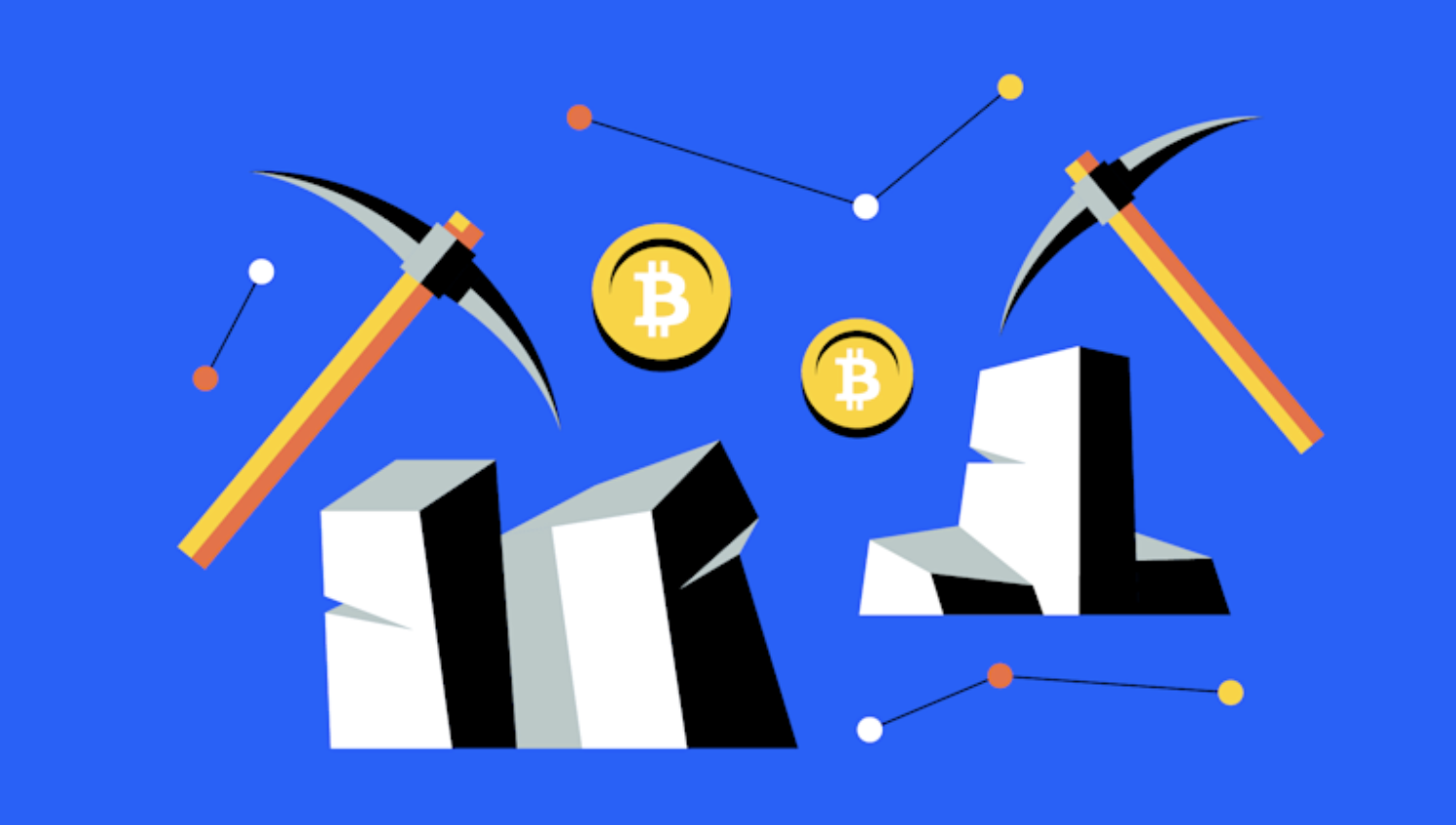
Mining is the process Bitcoin and other cryptocurrencies use to generate new coins and verify transactions. It relies on a global decentralized network of computers that secure the blockchain—a virtual ledger recording crypto transactions. In return for contributing processing power, miners earn new coins. This creates a cycle: miners maintain the blockchain, the blockchain issues coins, and coins incentivize miners to keep securing the network.
How Mining Works
There are three primary ways to obtain cryptocurrency:
-
Purchase on exchanges like Coinbase
-
Receive it as payment
-
Mine it (here, we focus on Bitcoin)
Early on, home PCs could mine Bitcoin. But as the blockchain grew, mining difficulty skyrocketed—by 2024, mining one Bitcoin required ~6x more computational power than in 2009. Today, professional firms dominate mining.
Rewards & Incentives
Miners use specialized hardware to solve complex 64-digit hexadecimal hashes. The fastest guesser updates the blockchain with a new transaction block and earns rewards. As of April 2024, the reward is 3.125 BTC per block.
With only 21 million Bitcoins ever to exist (expected to be fully mined by 2140), miners will eventually rely solely on transaction fees.
Why It Matters
Mining ensures decentralized security, eliminating the need for trusted third parties while introducing new coins into circulation.
















